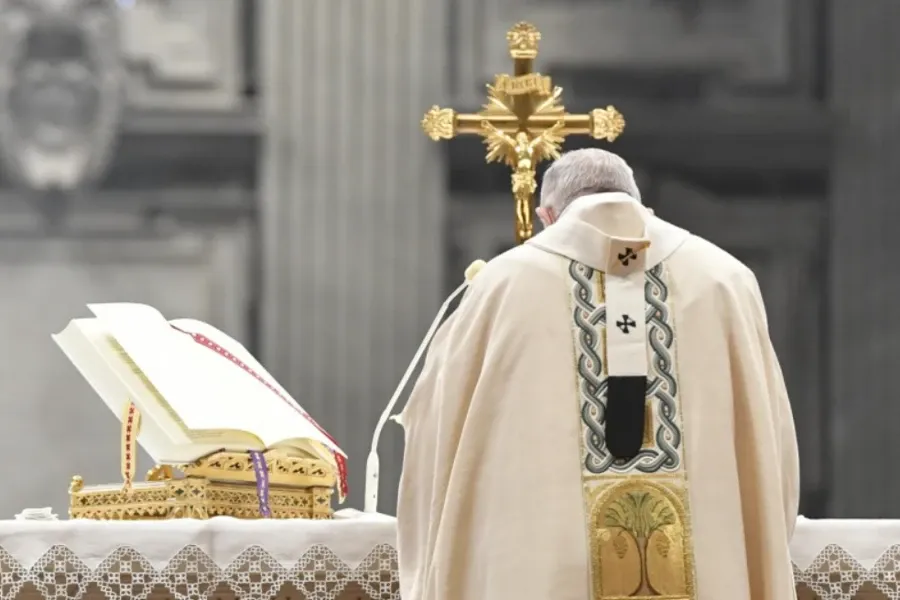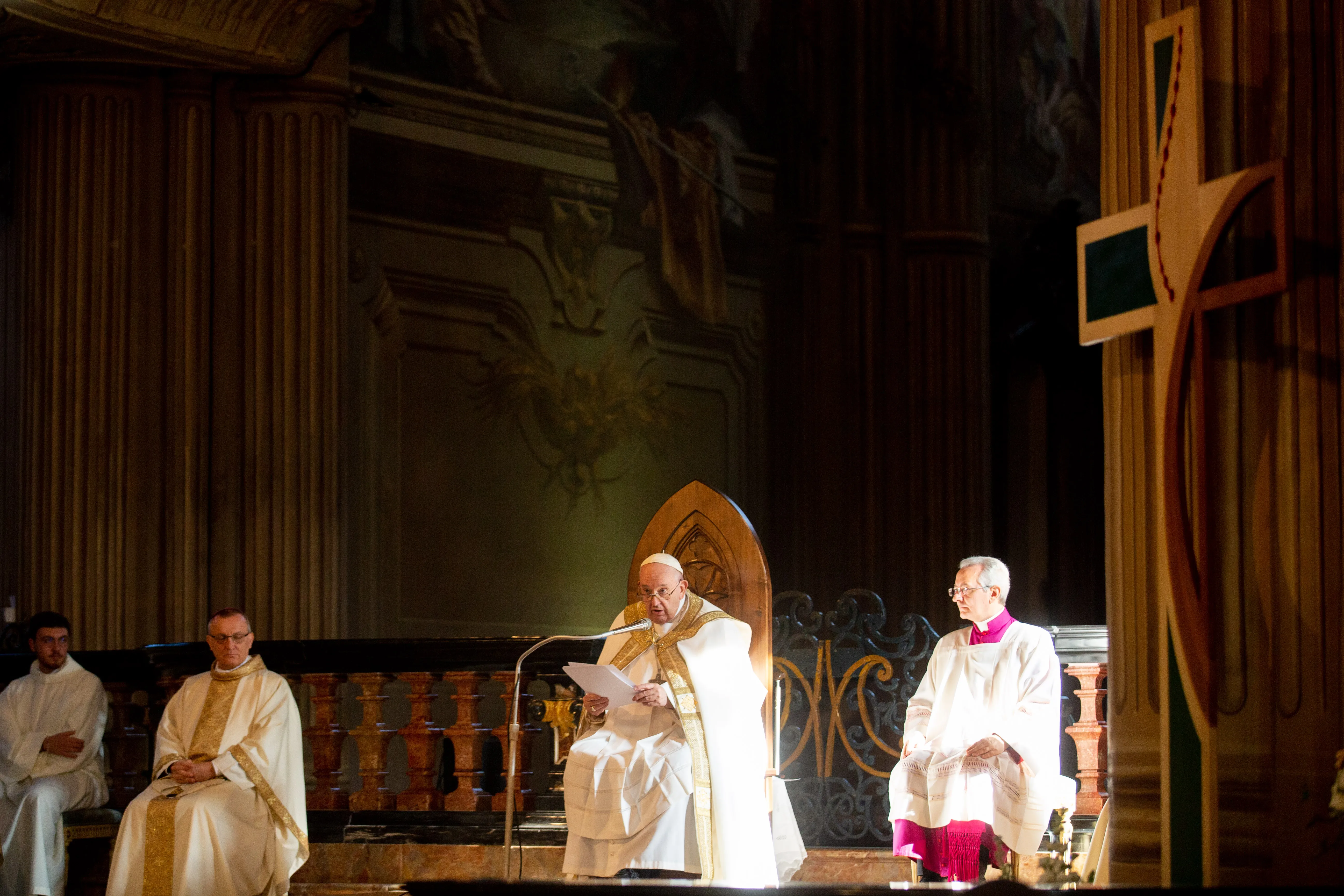CNA Staff, 24 November, 2024 / 6:00 pm (ACI Africa).
Every year on the last Sunday in Ordinary Time, the Catholic Church observes the solemnity of Our Lord Jesus Christ, King of the Universe — also known as the feast of Christ the King — a relatively recent addition to the Church’s liturgical calendar, instituted just under a century ago by Pope Pius XI.
In his 1925 encyclical Quas Primas, Pius XI argued that the “manifold evils in the world were due to the fact that the majority of men had thrust Jesus Christ and his holy law out of their lives” and that “as long as individuals and states refused to submit to the rule of our Savior, there would be no really hopeful prospect of a lasting peace among nations.”
The U.S. Conference of Catholic Bishops notes on its website that, around the time of Pius XI’s encyclical, “in Mexico, Russia, and some parts of Europe, militantly secularistic regimes threatened not just the Catholic Church and its faithful but civilization itself.”
Indeed, just several years before Quas Primas, the Bolsheviks in Russia had executed the October Revolution, which touched off a series of events that would ultimately lead to the creation of the Soviet Union in 1922. The Soviet government would establish itself as an explicitly secular state and implement severe restrictions on religious freedom and aggressive persecution of religious believers in the coming decades.
Amid those upheavals and turbulent regime changes, Pope Pius XI in his encyclical argued that “men must look for the peace of Christ in the kingdom of Christ.”









